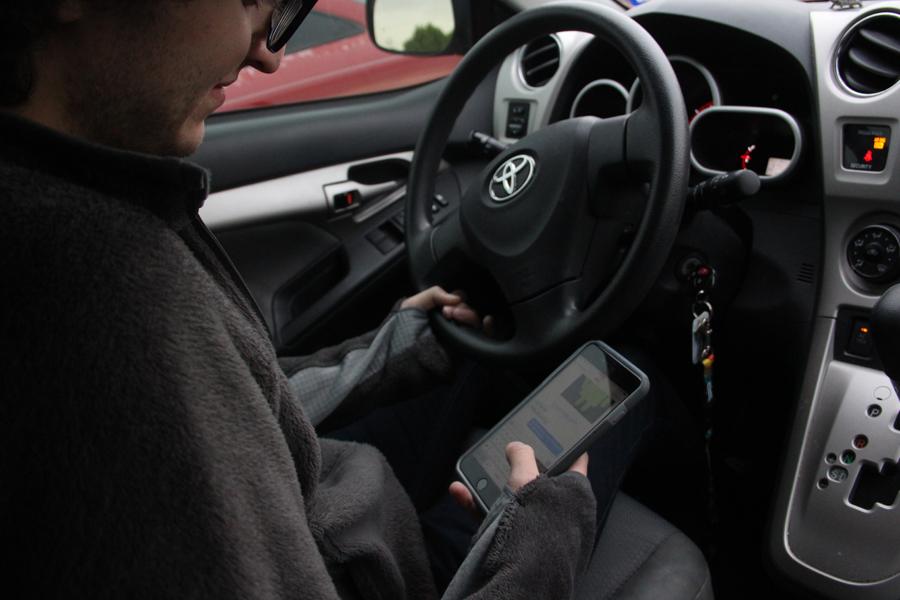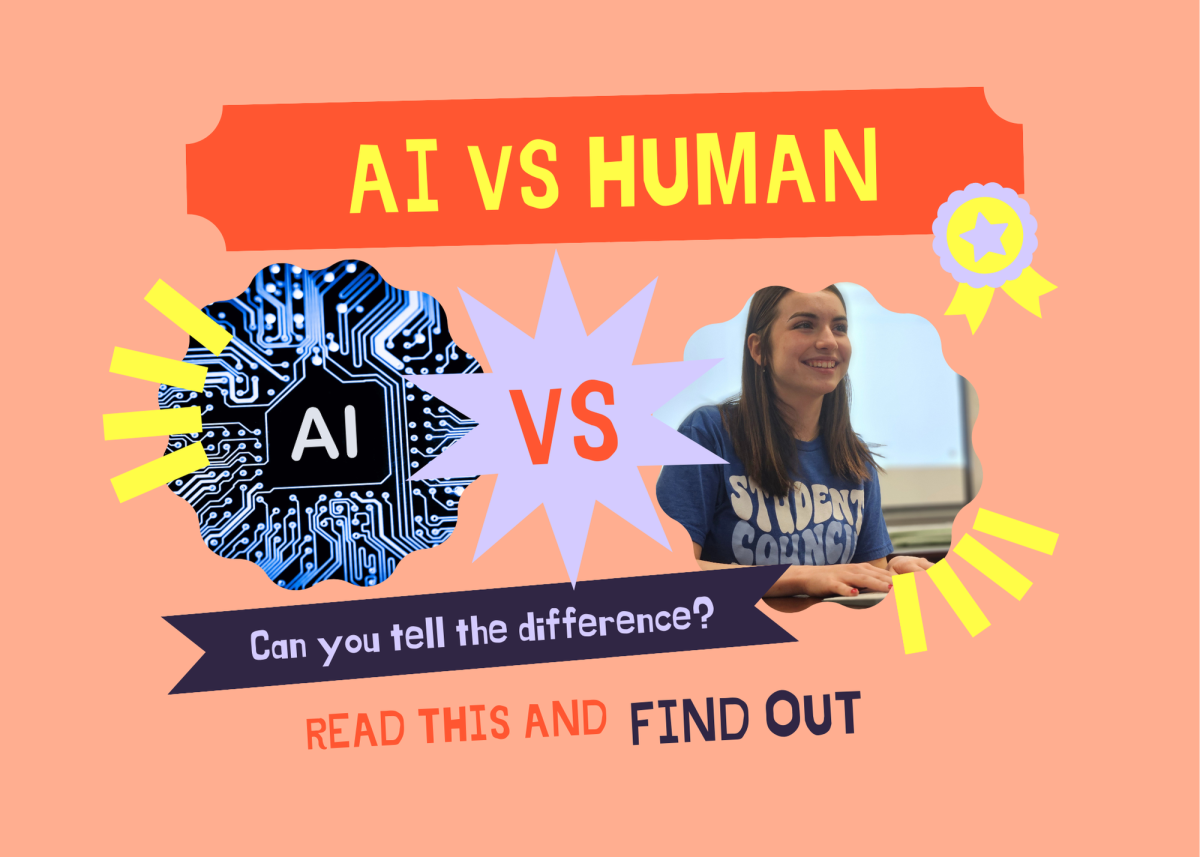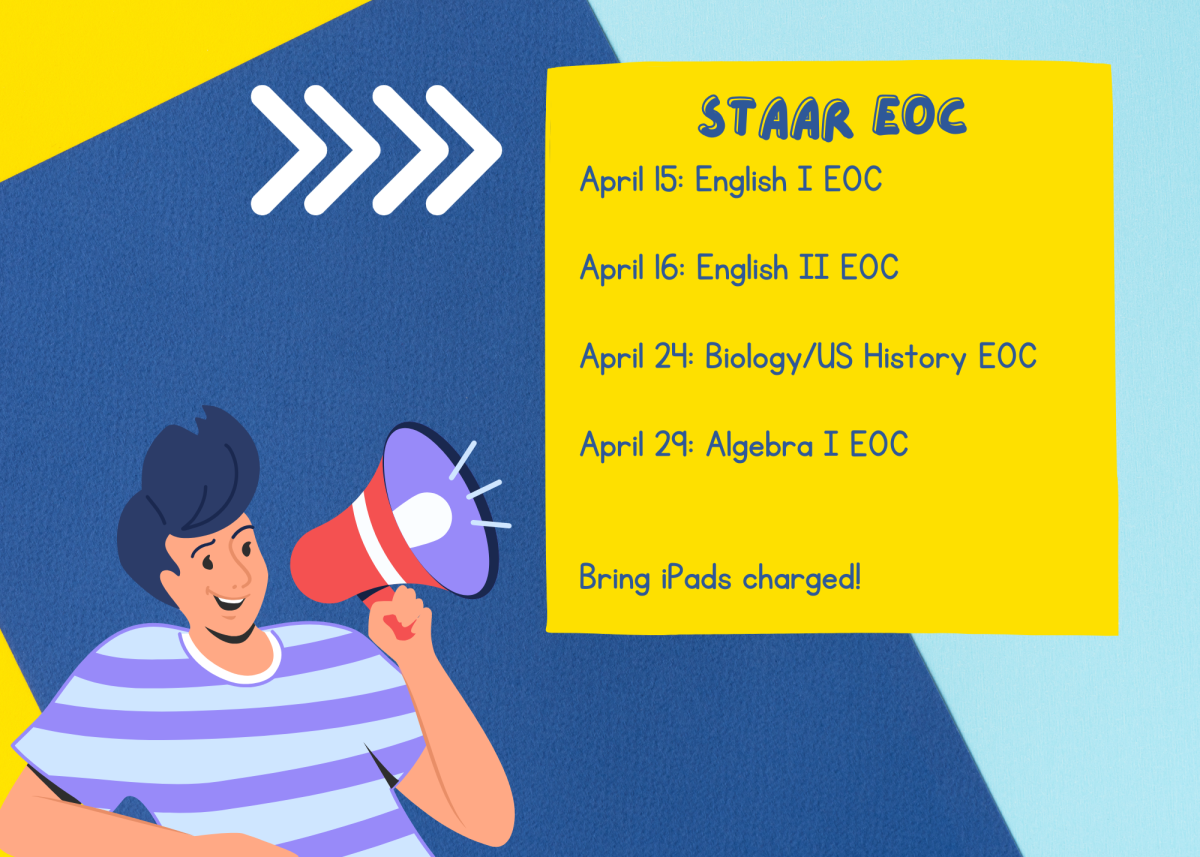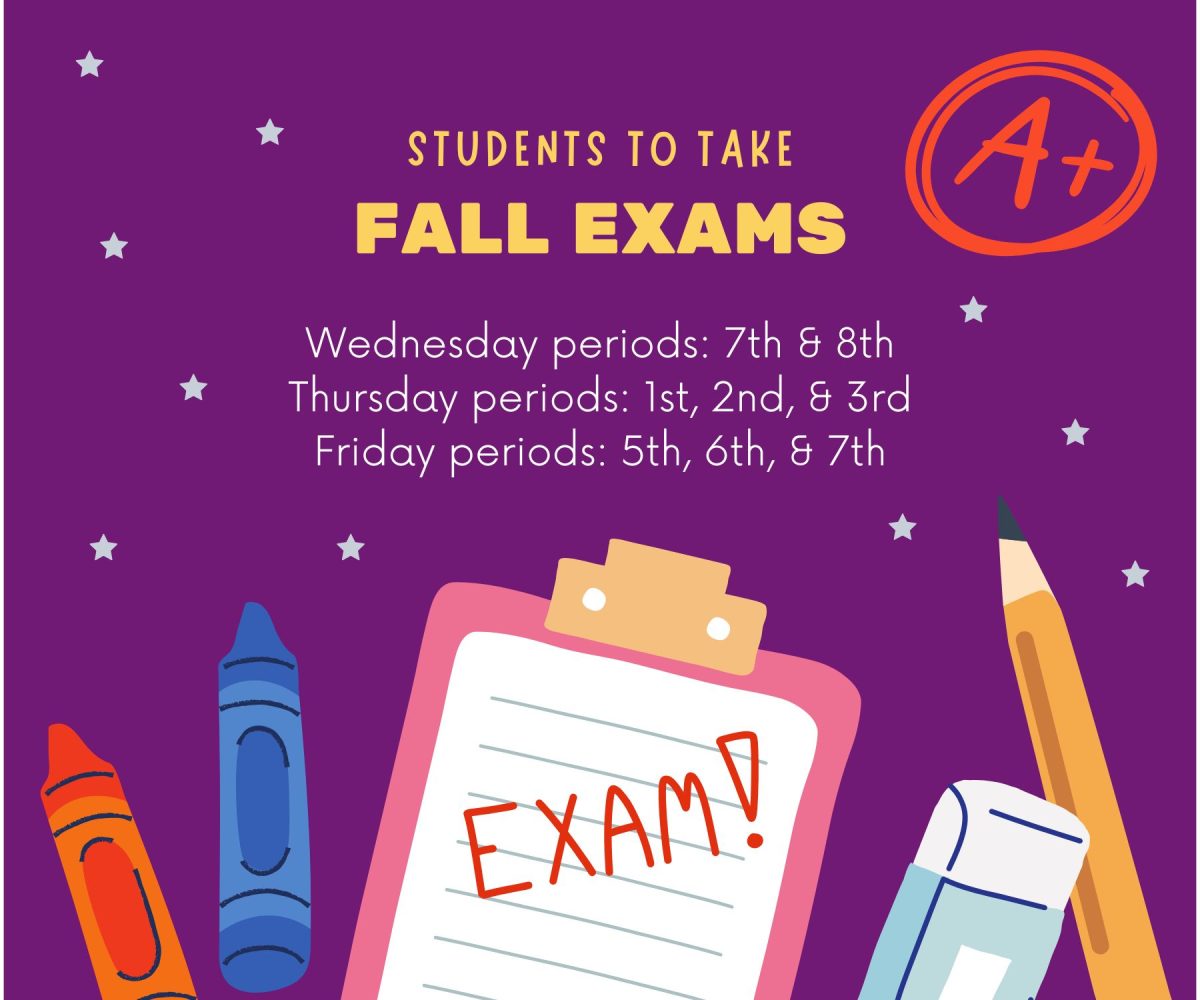One moment, she’s driving home from school with her friends. Without thinking, she reaches for her phone to change the song, causing her not to see the car that is pulling out in front of her. Suddenly, she’s crashing. She only looked away for two seconds. How could this have happened? An LHS student survey sent Monday came back with 100% of respondents stating they had either witnessed or committed an act of distracted driving.
Distracted driving includes fiddling with the radio, texting, eating, and experiencing negative emotions. The survey revealed that 77% had driven while emotional, and 50% had almost gotten into a wreck because they were not paying attention to the road.
“I think both of these things are equally worse, but distracted driving would be more worse in my opinion,” one student* said. “When you are emotional you have a response that makes you focus to forget what you were just thinking about.”
The survey showed that 21% of the students involved did not believe that emotions had anything to do with distracted driving. However, the Virginia Tech Transportation Institute found that drivers are ten times more likely to crash when they get behind the wheel while feeling observably angry, sad, crying, or emotionally agitated.
“Crying while driving can be dangerous, considering the blurred eyes, the quicken breathing and the want to lay your head on something,” another student said. “To answer the question whether emotional driving is worse than driving while distracted, I feel as though it just depends. I can, most of the time, drive while being ‘emotional’, but when I’m distracted or on my phone I risk my life and others because I wanted to check a text.”
Ten percent of all drivers ages 15 to 19 years old involved in fatal crashes were reported as distracted at the time of the crashes. This age group has the largest proportion of drivers who were distracted at the time of the crashes, according to the National Highway Traffic Safety Administration.
“You have a responsibility to control and manage those emotions, but distracted driving is a choice,” one student said. “You make the decision to pick up the phone or eat. Even if the results of that decision are catastrophic, it makes that decision no less your choice and your responsibility.”
*Note: respondent names are being kept anonymous for this article.


















